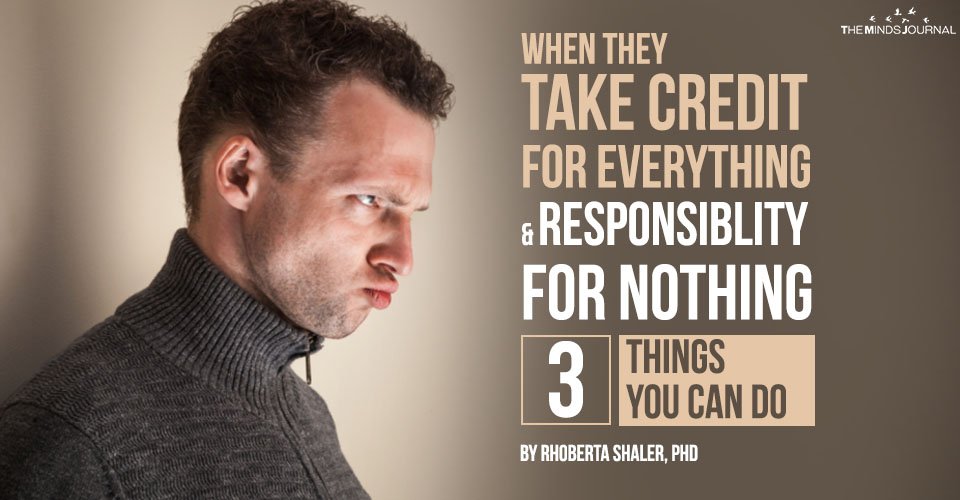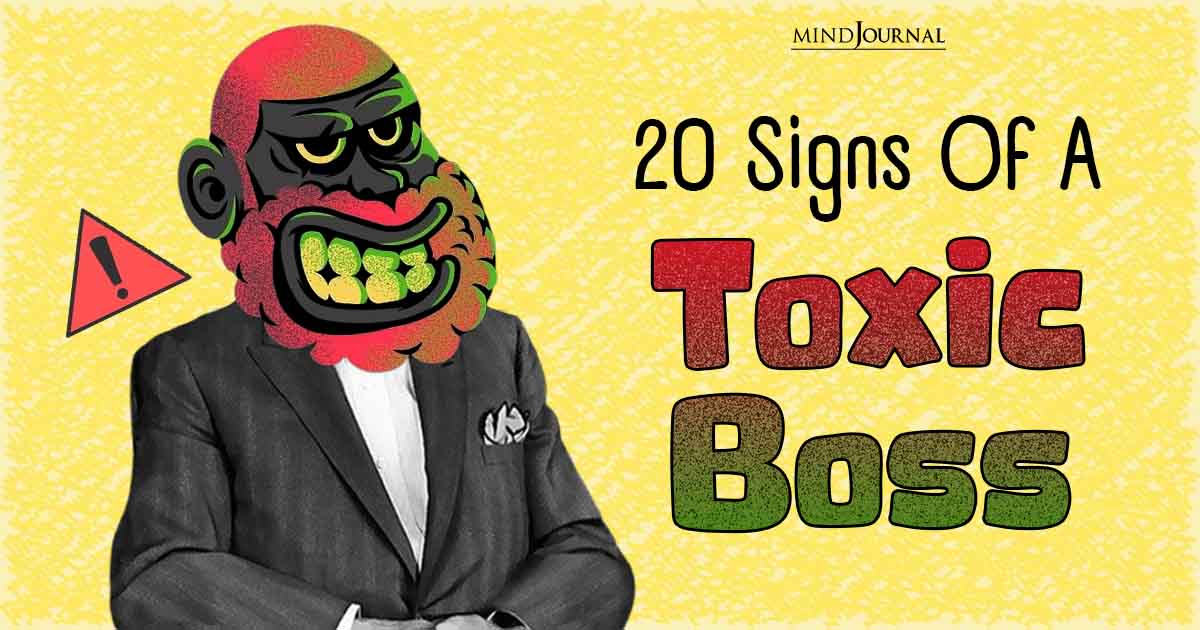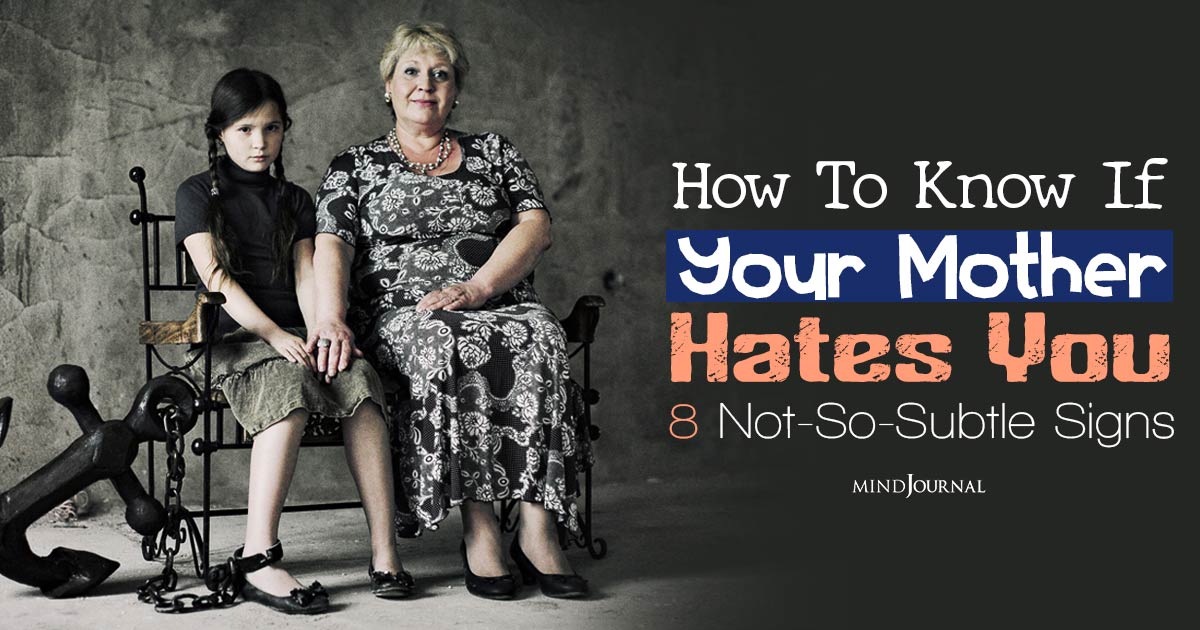Infuriating, right? A difficult partner–likely a Hijackal®–refuses to take responsibility for anything that is not praise-worthy. S/he will step right in if they can take credit for something good. But, when something goes sideways, it’s all you, all your fault.
And, that’s just one infuriating thing that goes on on a daily basis!
If this is true, you’re most likely with a Hijackal, a relentlessly difficult and disturbing person. The bad new: you may very well be in a pattern of enabling that Hijackal. Whether it is a difficult partner, parent, teen, or co-worker, it’s a pattern most partners–and targets–of Hijackals get into.
How? By excusing this lousy behavior and allowing it to go on. When you enable it by not speaking up and taking action, you will continue to give that person the idea that it’s all right with you.
Yes, I know, you’re likely exhausted! It feels like almost too much to have to speak up, or confront the behavior, because it happens so often. And, you’re right! It is too much and it’s not right that you have to do it. But, you don’t like it, so you have to take care of it!
Don’t enable it. Why? Because you deserve better. Whatever you are being blamed for is not your fault. And, if you have kids, they should not be seeing this as good enough modeling for relationships!
So, what do you do?
1. You quietly–and unemotionally–say, “I deserve respect. I know what I did, and I know what you did. Nothing with change the truth, no matter what you say.”
Repeat, as necessary. This gives you an assertive and truthful statement to immediately take a stand. If you lose it, with the “You always….” and “You never….” statements of complete frustration, you know you’ll be in for a fight. And, of course, more verbal and emotional abuse. Yes! It’s abuse. Don’t set yourself up to be further abused. Making a simple statement of truth, firmly and quietly, can disarm–and infuriate–a Hijackal. S/he will try to push you to lose it, getting a reaction makes them feel powerful. Don’t lose it and give them the idea they have power over you.
You take your power back with that simple statement: “I deserve respect. I know what I did, and I know what you did. Nothing with change the truth, no matter what you say.”
Read How To Handle Narcissistic Abuse
2. You do some quiet self-reflection into the patterns of your relationship with a difficult partner parent or friend, a Hijackal.
How many areas in your relationship are there patterns of repeated verbal or emotional abuse?
When are they likely to arise?
What is your usual response?
Is it serving you?
Can you recognize that you are allowing this to continue?
What are you afraid of?
Do you realize that this has nothing to do with love, and is completely lacking in respect?
What part of you believes, deep down, that you don’t deserve to be treated better?These are important reflections. These are some of the starting points when I work with my clients in my groups and private sessions. Yes, you need to know how to manage the relationship, but it all starts with how you manage–and how well you know–yourself!
3. You decide that you will get new insights and strategies to empower you to stop the abuse. Yes, it’s still abuse!
Hijackals like to cull your from the herd–keep you away from your family and friends. Isolate you to be dependent on them for money, friends, decisions, and most importantly, for taking charge of your self-worth. If you’re with, or have been with, a Hijackal, you know that is true. It’s hard to admit, but it’s true.
Now, you have to realize that you are actually allowing this, even, enabling it. That’s a big step! Until now, the Hijackal has been “doing it to you.” Now, you have to realize that you are letting him or her continue to treat you poorly. You deserve more, even though the Hijackal continues to tell you that no one wants you, or that you’re lucky you have him or her because you’re such a mess, and worse.
Get help to see the patterns and cycles that the Hijackal has.
I’ve done my very best to make this available to you through my blogs, my YouTube channel, and my Relationship Help Show. That’s all free. You can also get my weekly newsletter, too. As you read and watch these, you’ll likely have really exciting moments of realizing that it’s not your fault. For sure, get my FREE ebook, How To Spot A Hijackal, at Hijackals.com
Read Confronting Narcissistic Abuse
Next, join one of my groups or talk with me privately.
All that’s been going on is Hijackal behavior, and all that you have been told is your fault, isn’t!
Nothing is more important than getting the help you need to change your life in positive ways, and to provide the best role model for your children. That’s what you CAN do! A difficult partner makes it…well…difficult, I know. It may take longer than you want it to. It will take every ounce of your courage and strength some days. But, you’re worth it!
© Rhoberta Shaler, PhD
Written by Rhoberta Shaler, PhD
Originally appeared on Forrelationship.com









Leave a Reply
You must be logged in to post a comment.